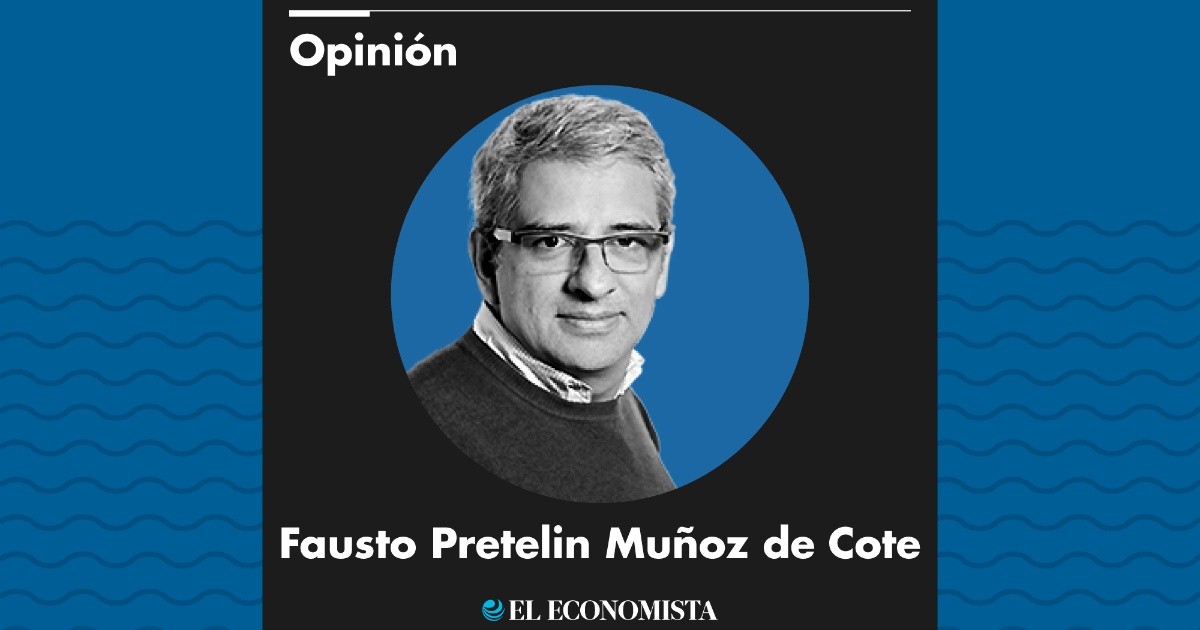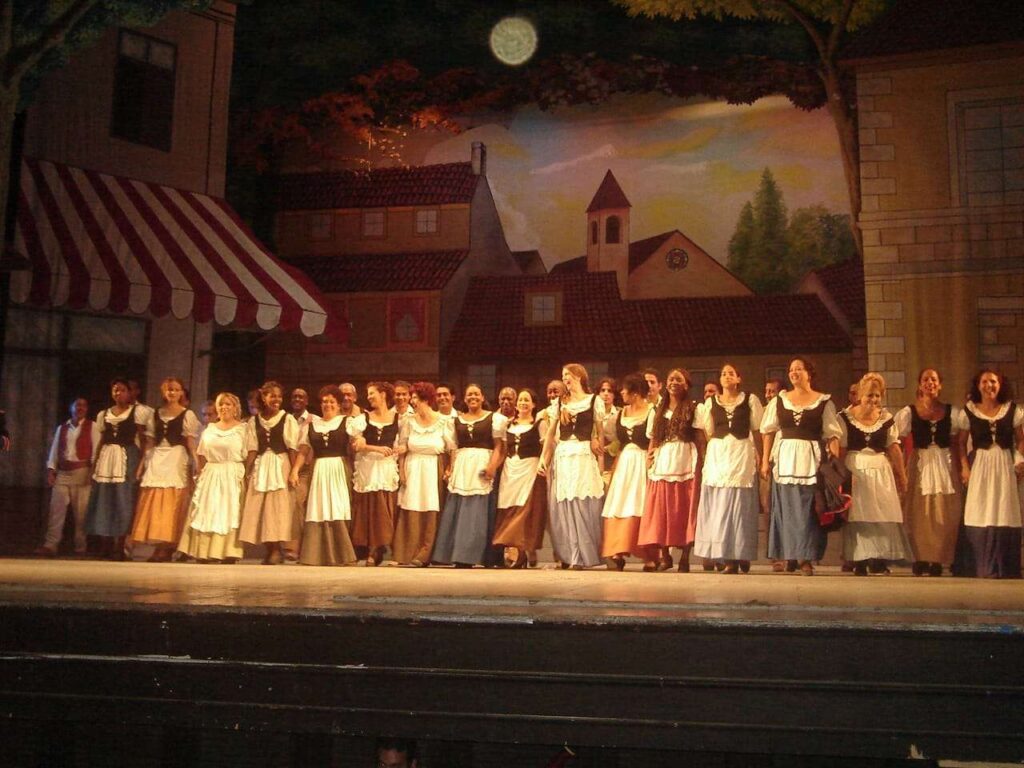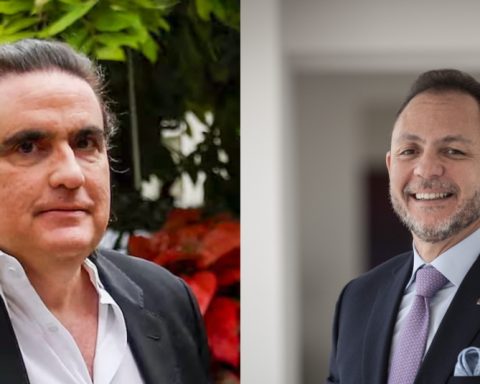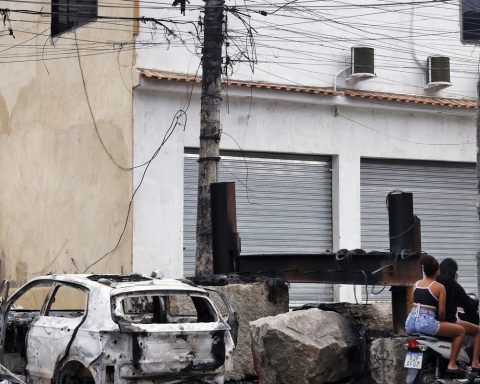He wanted to reform the Soviet Union, but ended up breaking paradigms, walls and borders. He did not want the Soviet Union to collapse, but his reforms were ambitious enough that they ended up weakening the solid pillars of the Communist Party.
The reformists do not arrive alone. They require a series of permutations and combinations of the social components of the environment that, on occasions, chance tends to temporize. Or not. The will is also a political act.
Mikhail Gorbachev’s legacy ramifies between economic transformation and plurality; Perestroika and Glasnost; free market and freedom of thought.
In the third decade of the 21st century, the mind is clouded with nostalgia in the absence of political leaders who at the time understood the primary purpose of society: freedom. Freedoms in the plural.
An instant portrait of the present century presents the prototype politician: the populist. The character who lives from massification and not from individuality. The one who uses lies as the only means to unite. The one who feeds on the ignorance of the masses. Heidegger’s being there: the more I feel free, the less free I am.
The reformists have left unfilled intelligence gaps.
Gorbachev required six years to miniaturize history and transfer it to museums. He failed to complete his reforms, but as a regional movement domino, he helped bring down the heavy Berlin wall.
Lamp of the street, darkness of his house. Gorbachev is not loved in Russia because he is the image that represents the end of History; the end of the empire. To many he is the traitor who became famous in Las Vegas through Pizza Hut advertising.
António Guterres, secretary general of the ailing UN, said of Gorbachev: “He was a unique statesman who changed the course of history. He did more than any other individual to bring about a peaceful end to the Cold War.” It is not trivial for Guterres to say so at a time when the crisis in the Security Council could last until its collapse.
Interesting to travel to the past to read what the American press published in 1987. It is a text from the Washington Post in November 1987:
“Right now, thanks to charming Soviet leader Mikhail Gorbachev, his well-dressed wife Raisa, and his glasnost and perestroika, it’s the sensation of the month. Fashion boutiques sell Lenin pins and hammer and sickle T-shirts. Gorbachev’s approval ratings are higher than those of all Democratic candidates except Jesse Jackson. The Washington Blade, a gay newspaper, ran an ad for a Mrs. Gorbachev look-alike contest.”
Yesterday, Gorbachev died at the age of 91 in a public hospital.
He wanted to change his country, he changed the world.
@faustopretelin

















